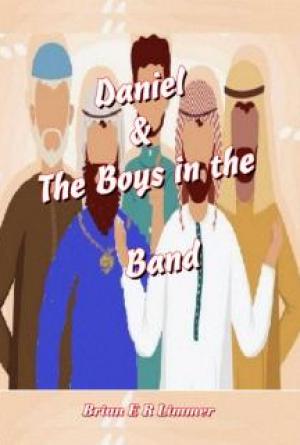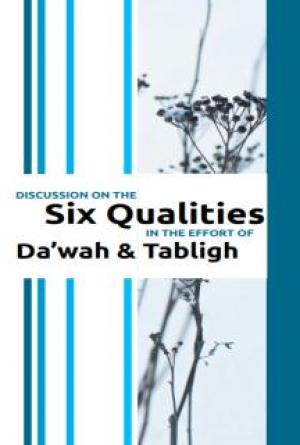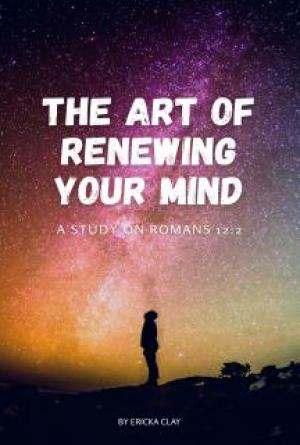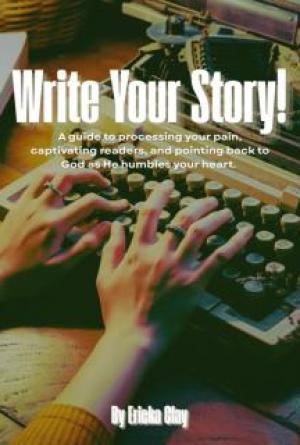Chapter 30 PSALMS
The book of Psalms is the easiest book to find in the Bible, you just open the bible at the halfway point and its there. It is probable the easiest to read also as it needs little explanation.
It was written two-thousand-five-hundred-years ago and is still very popular today.
The word psalm primarily means to pluck and it refers to the playing of string instruments. It is almost the same word as Jewish word which means praise. “Praises” is the title in the Jewish bible. Some psalms are personal, some are social. One commentator fits them into one of three categories: Please psalms, Thank-you psalms or Sorry psalms. The psalm book is more of a folk songbook than a hymn-book for temple worship. It expresses situations referring to many customs of the day which are often missed because the psalms spread over such a long time period. Today we would probably send flowers to a funeral but in the time of Psalms, people would send tears in a bottle for example. To get the best understanding of a psalm, a knowledge of the customs at the time and place is helpful.
The book of Psalms in our bible is really five volumes in the original but the headings are still intact as you read through. Psalms are not there to analyse for themselves, Analysis tends to be a cold intellectual study but these are deep expressions from the writers’ heart. They are expressions of the emotions and especially underpinned in the need of love.
There are other psalms in scripture outside of this book, Moses, Deborah, Judges, Hannah Samuel, Job, Isaiah, Hezekiah, Jeremiah, and Jonah all wrote psalms. Moses wrote psalm ninety which is the oldest psalm in the book. We still sing it today especially on ceremonial occasions and probably know it best as “O God our help in ages past”. The sons of Korah wrote a large section. Korah opposed Moses way back in Exodus. His sons became worship leaders in the temple and down through the ages his offspring were especially gifted in writing and compiling many psalms with their music.
Poetry is sparked by the emotional feelings and not by the intellect, so besides the three categories mentioned earlier, they can also be grouped into: Lament, Gratitude, Penitence, Praise and Psalms of accent, (or anticipation). Psalms of accent are the songs people sang together as they started the hill climb up to Jerusalem especially at passover.
Life is unfair! The Lament express that emotionally and is sung as a slow dirge. In the psalms it takes a format: the cry, the complaint, the confession of trust in God, the petition and finally a vow of praise based on the honest expression ‘I can’t praise you now but I will when you deliver’.
Psalms of gratitude also follow a pattern: first the proclamation of gratitude then a statement about what the singer is going to praise God for, then the testimony of God’s faithfulness and finally praise.
Prophetic psalms are different to other prophesy. Meditating alongside life’s experiences is the best method of understanding these. By ‘putting myself in another’s shoes’, The writers often expressed situations beyond their own experience. David put himself into the shoes of Jesus in psalm twenty-two and others. David himself never went through all the things mentioned, but he able not only to see his descendent going through it on the cross, but almost to feel it:
Even before birth, He knew God
God will declare him his son
Forsaken by God
He will put all thing under his feet
He will not let him see corruption
Scorned and mocked
He will have hands and feet pierced
All his bones spread apart
My tongue cleaves to my jaws.
His cloths will be gambled for
He will be accused by false witnesses
He will be hated without cause
He will be betrayed by a friend
He will be given vinegar and Gaul to drink
He will pray for his enemies
The betrayers’ office given to another
It is done
Poetic in language it may be but David could not have known what he was writing would fit so prophetically into one short space of time in the life of His Messiah.







